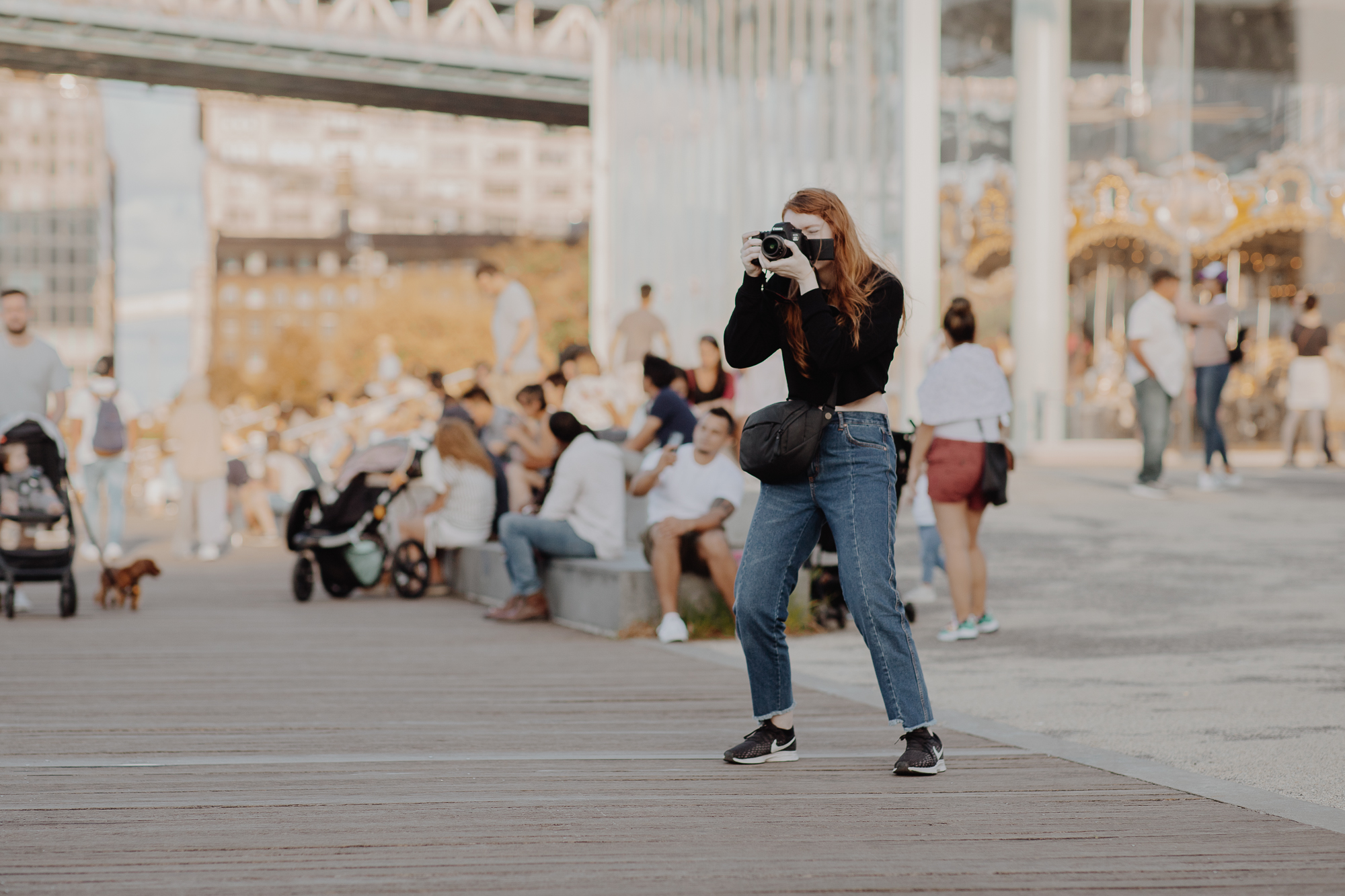When to Be Wary of Unpaid Photography Internships
Why you shouldn’t take that unpaid photography internship
Don’t take unpaid photography internships
The title may seem obvious, but let’s take a step back. In the world of internships, there are a ton of options available for people with a photography focus. Internships can be a super valuable experience for many. An internship can help direct your career aspirations and help you gain experience in your field. There are many internships that are paid, while others are unpaid opportunities. Unpaid internships are not the worst thing to be taking, but that doesn’t mean you shouldn’t be wary of certain “opportunities.”

Internships vs. Unpaid Labor
Many companies these days are using the word “internship” to find unpaid laborers. If the internship is shooting images or videos for a company’s marketing materials, that’s not an internship. That’s free labor. If the internship is an actual learning opportunity, that’s something different. If an internship benefits you, that’s an opportunity worth considering. If an internship just benefits an employer, that’s unpaid labor.
New York State internship requirements
New York State has passed requirements for internships that make it a little easier to weed, ahem, “opportunities” like these out. For the full fact sheet, visit here. Here are the basics of New York State internship requirements:
-
The training, even though it includes actual operation of the employer’s facilities, is similar to training provided in an educational program.
-
The training is for the benefit of the intern.
-
The intern does not displace regular employees, and works under close supervision.
-
The activities of trainees or students do not provide an immediate advantage to the employer. On occasion, operations may actually be impeded.
-
The trainees or students are not necessarily entitled to a job at the conclusion of the training period and are free to take jobs elsewhere in the same field.
-
The trainees or students are notified, in writing, that they will not receive any wages and are not considered employees for minimum wage purposes.
-
Any clinical training is performed under the supervision and direction of people who are knowledgeable and experienced in the activity.
-
The trainees or students do not receive employee benefits.
-
The training is general, and qualifies trainees or students to work in any similar business. It is not designed specifically for a job with the employer that offers the program.
-
The screening process for the internship program is not the same as for employment, and does not appear to be for that purpose. The screening only uses criteria relevant for admission to an independent educational program.
-
Advertisements, postings, or solicitations for the program clearly discuss education or training, rather than employment, although employers may indicate that qualified graduates may be considered for employment.
How to know whether or not to apply for a photography internship
When looking for a photography internship, the first question to ask about a listing is: how does this benefit me? Think about how a position could actually benefit your career. If it looks like the internship is just going to be taking pictures for “your portfolio”, it’s probably not worth your time. Some employers use this as a tactic not to pay photographers. Things that say “great for student photographers looking to build their portfolio” or “good opportunity for students!!” are probably not actually a good opportunity for students. Listings like these where it’s just taking product photos for some random brand are not internships. They are exploitation.